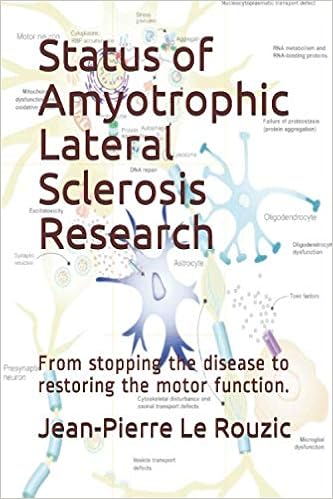This study investigated the criterion and construct validity of a novel, acoustic-based framework composed of five key components of motor control: Coordination, Consistency, Speed, Precision, and Rate.
Acoustic and kinematic analyses were performed on audio recordings from 22 subjects with amyotrophic lateral sclerosis during a sequential motion rate task. Perceptual analyses were completed by two licensed speech-language pathologists, who rated each subject's speech on the five framework components and their overall severity. Analytical and clinical validity were assessed by comparing performance on the acoustic features to their kinematic correlates and to clinician ratings of the five components, respectively.
Divergent validity of the acoustic-based framework was then assessed by comparing performance on each pair of acoustic features to determine whether the features represent distinct articulatory constructs. Bivariate correlations and partial correlations with severity as a covariate were conducted for each comparison.
Results revealed moderate-to-strong analytical validity for every acoustic feature, both with and without controlling for severity, and moderate-to-strong clinical validity for all acoustic features except Coordination, without controlling for severity. When severity was included as a covariate, the strong associations for Speed and Precision became weak.
Divergent validity was supported by weak-to-moderate pairwise associations between all acoustic features except Speed (second-formant [F2] slope of consonant transition) and Precision (between-consonant variability in F2 slope).
This study demonstrated that the acoustic-based framework has potential as an objective, valid, and clinically useful tool for profiling articulatory deficits in individuals with speech motor disorders. The findings also suggest that compared to clinician ratings, instrumental measures are more sensitive to subtle differences in articulatory function. With further research, this framework could provide more accurate and reliable characterizations of articulatory impairment, which may eventually increase clinical confidence in the diagnosis and treatment of patients with different articulatory phenotypes.
Read the original article on Pubmed

